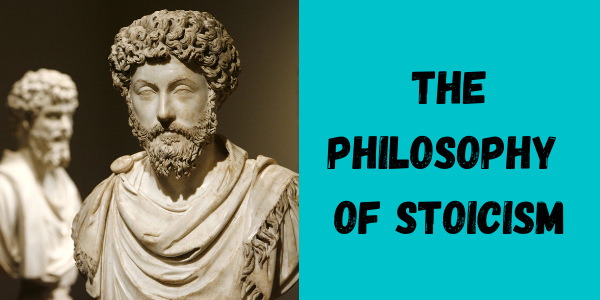Introduction Powerful energy is often misunderstood. Many people believe influence comes from being loud, expressive, or constantly visible. In reality, some of the most impactful individuals carry a quiet strength that doesn’t demand attention but naturally draws it. Their presence feels calming, grounding, and authentic. High vibration is not about forcing positivity or appearing confident at all times. It is about inner alignment—being comfortable with who you are, emotionally aware, and present in each moment. When this alignment exists, your energy communicates more than your words ever could. If you have ever noticed subtle reactions from people, children, or even animals around you, these may not be coincidences. They are often reflections of the energy you carry. Below are seven subtle signs that indicate your presence is powerful, even if you’ve never consciously noticed it. 7 Subtle Signs Your Energy Is Powerful 1. Strangers Open Up to You Without Effort One of the...
Introduction
Stoicism is a great greek philosophy that deals with self-discipline and mind control. This philosophy helps us to bear all types of pains in our life. Stoicism was popularised by Zeno of Citium who was born in the Greek city of Citium. He started studying philosophy after he lost everything in a ship wreckage near Athens. He swam to Athens and started roaming around. As he doesn’t have anything to do hence he visited a bookshop and saw a book of Socrates. He started asking questions pertaining to Socrates' philosophy from the book shop owner. The Book shop owner suggested that he must visit Xenophon who was also a cynic philosopher. Zeno started asking philosophical questions from Xenophon and became his student. Thereafter Zeno started studying greek philosophy under the guidance of Xenophon. After the long study of the philosophy, Zeno started teaching his own students. As he and his students used to discuss his philosophy at Stoa Poikile, Athens hence his philosophy became famous with the name of stoicism.10 core values of stoicism
Nowadays, a stoic is known as a person who is emotionally stable despite several problems in his life. We will learn 10 core values of stoicism today:1. Examine yourself: We must understand our true identity and if we are not true to ourselves then we can never become a peaceful and super-efficient person. Stoic philosopher Epictetus suggested that “ we must know who we are and what is our capability. As great things cannot be created in a single day hence perfecting talents and challenges can take some time. It is our right to accept life challenges. When we are learning new things then it means that we are growing. We must not belittle ourselves in front of others and target other’s skills.”
2. Find your ideal: According to Seneca, “ we must choose someone whose way of living as well as words match with each other. His face must mirror his character which lies behind it and he must have won your approval. We must always look for a standard to gauge our own performance and that ideal person is just like that standard for us.” Sometimes we were unable to meet some great personalities but there is a solution. We can read more about ideal personalities like Abraham Lincoln, Mother Teresa, Mahatma Gandhi, and others from their biographies. In this indirect way, we can find our ideal and engage ourselves.
3. Live by your virtues: Stoics used to say that life becomes very simple if we find our virtues and values. Our life flows smoothly with the help of our virtues. Our day-to-day works must be based upon our values and principles and then we can live a more fulfilling life.
4. Anticipate the worst: We must anticipate the worst because this mindset can help us to prepare for the challenges in life.
Summary
The Stoics were familiar with the variety of human attitudes but they embraced it. Emperor Marcus Aurelius rightly said, "A blazing fire makes flame and brightness out of everything that is thrown into it". That is why mind control and self-discipline are required to live a peaceful life. We will understand the other 6 values of stoicism in our next article.Let us try to become perfect Stoic in our life.


Comments
Post a Comment
Please do not add any spam link in the comment box